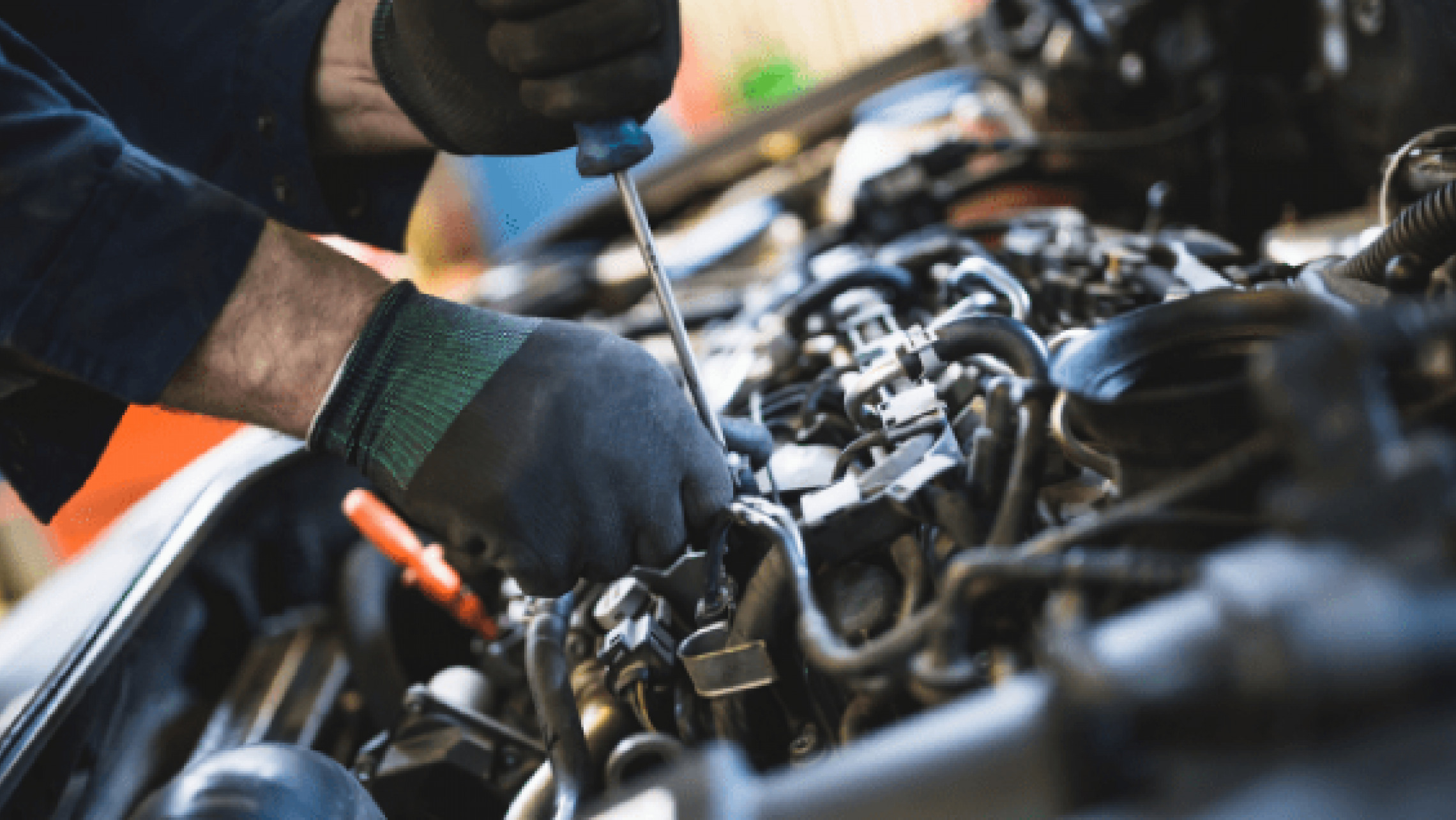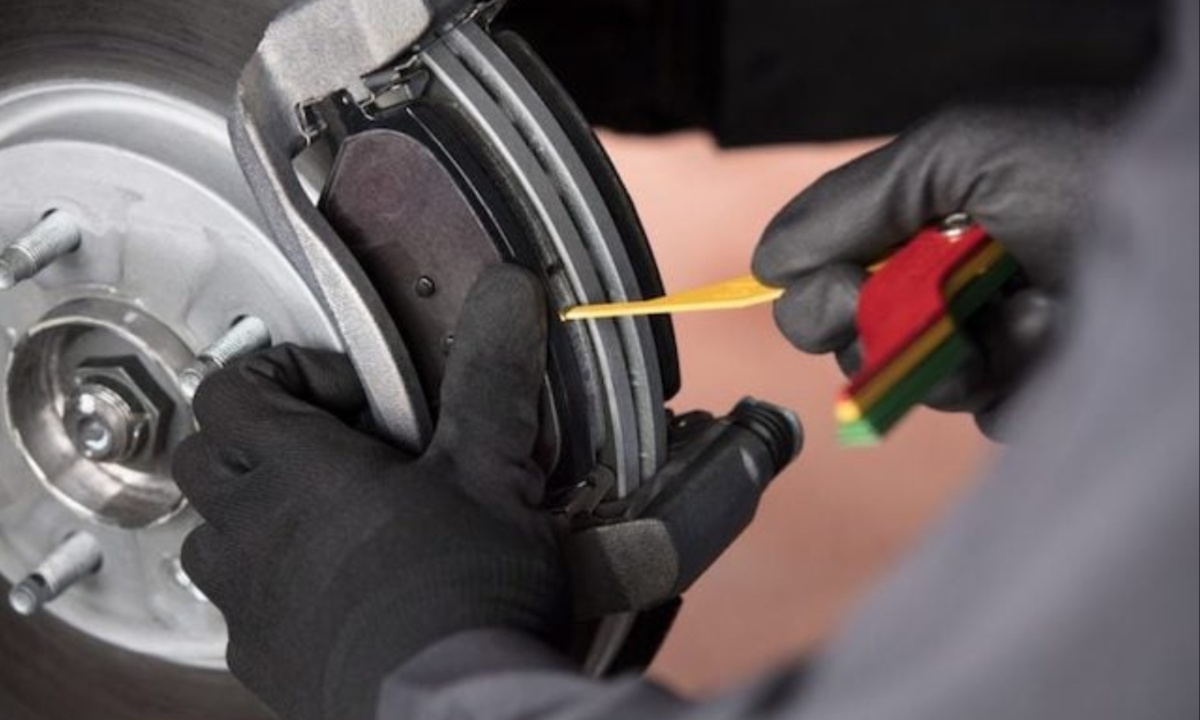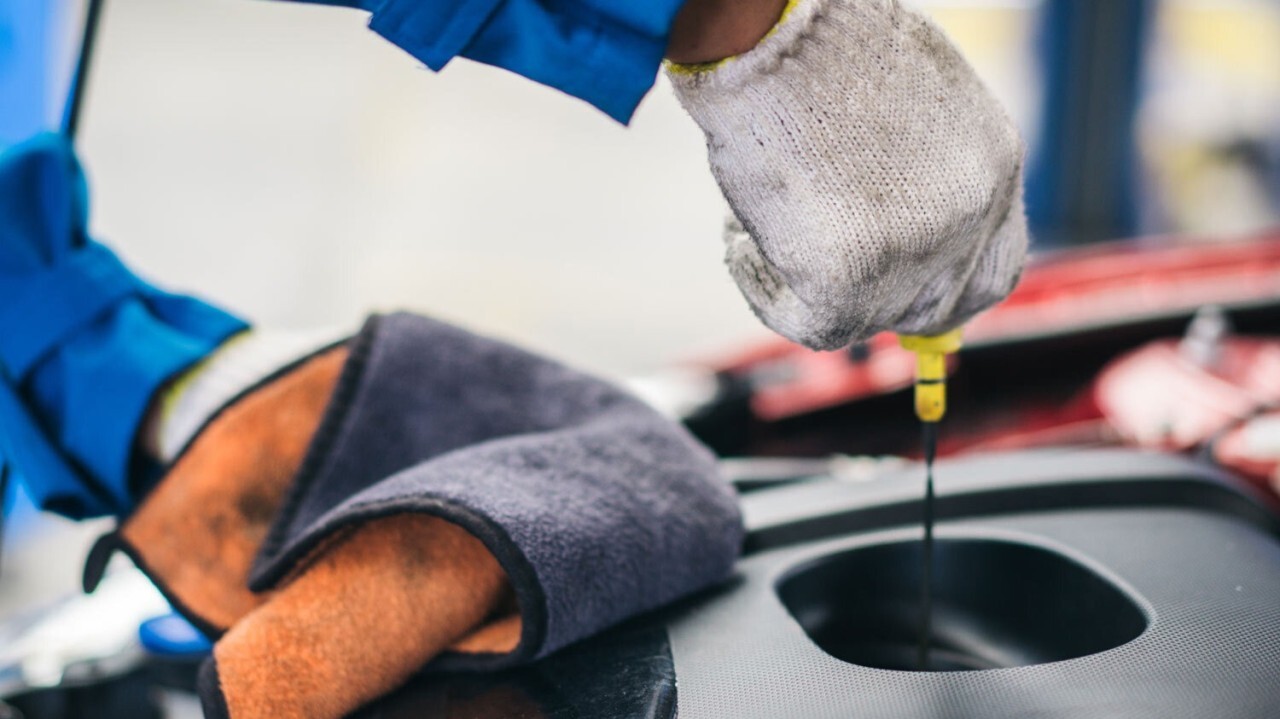Car maintenance is essential for keeping your vehicle running smoothly, but there are many myths that can mislead drivers and waste money. Mechanics are all too familiar with these misconceptions and want to set the record straight. Here’s a breakdown of 10 common car maintenance myths debunked to help you save time, and money, and ensure your car stays in top shape.
1. Not All Cars Need Premium Gas
While premium gas is advertised as the best option for all vehicles, only about 18% of cars actually require it. High-performance engines, like those in sports cars, benefit from premium fuel, but regular vehicles function just fine with regular gasoline. Using premium fuel unnecessarily can add unnecessary costs with no performance boost.
2. The 3,000-Mile Oil Change Rule Is Outdated
The once-popular advice to change your car’s oil every 3,000 miles is no longer relevant. Modern engines and high-quality synthetic oils allow for longer intervals, typically between 5,000 to 10,000 miles. Always refer to your car’s owner manual for specific recommendations, as manufacturers provide the best guidance for maintaining your engine.

3. Tire Rotations Are Necessary for Longevity
Tire rotations are not optional, even if you drive carefully. Tires wear unevenly due to factors like braking and turning, so rotating them every 6,000 to 8,000 miles helps balance the wear and extend their lifespan. Skipping rotations can lead to premature tire wear, poor handling, and unnecessary replacement costs.
4. Warming Up Your Engine Is Unnecessary
Contrary to old beliefs, modern engines don’t require warming up while idling on cold mornings. Idling wastes fuel and delays the warming process. Instead, start your car, let it run for 30 seconds, and then drive gently. This allows the engine to warm up faster while minimizing fuel consumption and emissions.
5. Brake Fluid Needs Regular Replacement
Brake fluid absorbs moisture over time, which can affect your car’s braking performance. Changing the brake fluid every two to three years is crucial for preventing corrosion, maintaining efficiency, and keeping your brakes in good condition. Don’t wait for a leak—schedule regular fluid changes to avoid expensive repairs.
6. Replacing Air Filters Is Worth the Investment
Air filters play a critical role in your engine’s performance. A clogged air filter restricts airflow, reducing fuel efficiency by up to 10%. Replacing the air filter annually, or when necessary, ensures optimal engine performance, better fuel economy, and reduced emissions. It’s a small investment with big benefits for your car.
7. Brake Pad Squeaks Aren’t Always a Problem
A squeaking brake pad doesn’t automatically mean it needs replacing. Brakes can squeal due to cold or damp conditions, even if they’re still in good condition. Mechanics assess brake pad wear based on thickness and overall condition, not just noise. Get a professional evaluation before replacing pads unnecessarily.

8. Synthetic Oil Is Safe for Older Engines
Despite the myth that synthetic oil can damage older engines, it’s actually a safer and more effective choice. Synthetic oil is cleaner, lasts longer, and performs better in extreme temperatures. If your engine is in good condition and doesn’t have leaks, synthetic oil can provide superior protection and improve engine longevity.
9. Engine Flushes Aren’t Always Needed
Engine flushes are often considered essential for older vehicles, but they’re not always necessary. In fact, flushing the engine when there’s no significant sludge buildup can dislodge particles that clog essential oil passages. Stick to regular oil changes to maintain engine cleanliness unless your mechanic recommends a flush due to severe buildup.
10. Changing Transmission Fluid Prevents Problems
Some believe that changing transmission fluid can cause issues, but neglecting fluid changes is far worse. Transmission fluid helps reduce friction and ensures smooth shifting. Changing the fluid every 30,000 to 60,000 miles helps prevent costly damage, ensuring your transmission runs smoothly and extends the life of your vehicle.
Many car maintenance myths can lead to unnecessary costs and headaches. From the need for premium gas to the frequency of oil changes, these misconceptions often do more harm than good. By staying informed and following your car’s manual, you can maintain your vehicle effectively and avoid expensive mistakes.

